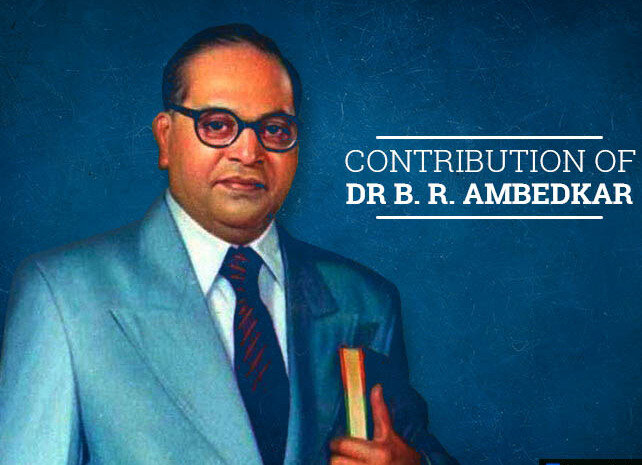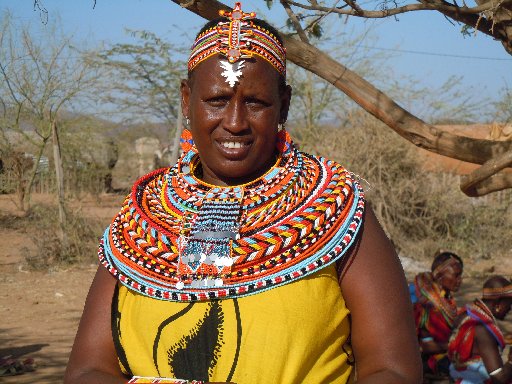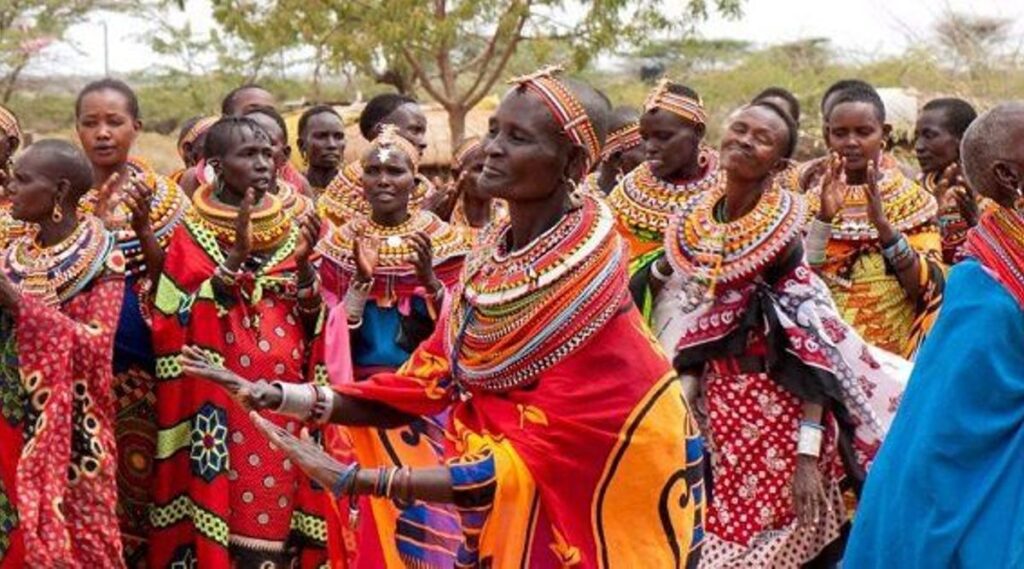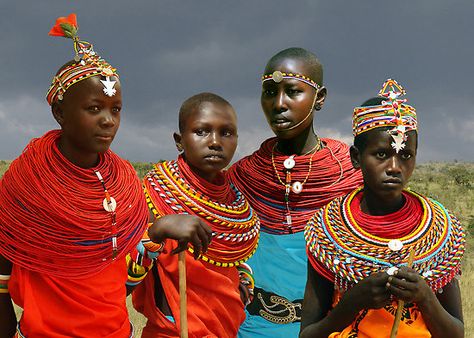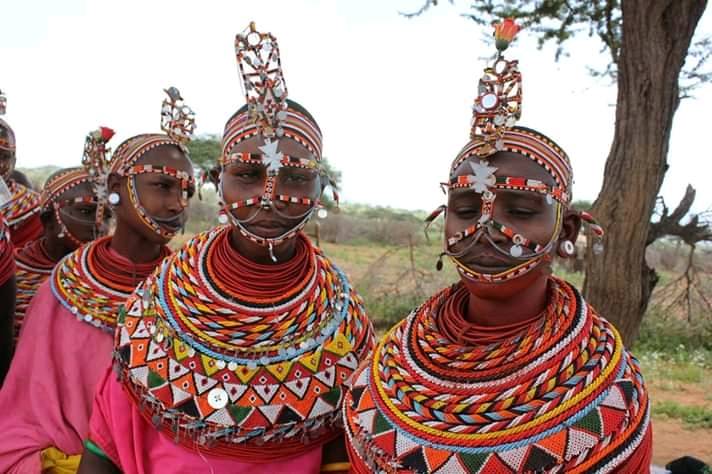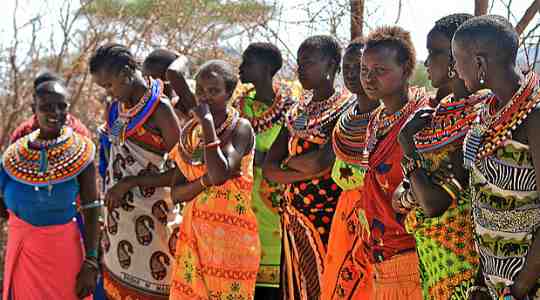By राजेश ओ.पी.सिंह
विश्व में ज्ञान के स्तम्भ माने जाने वाले भारत रत्न बाबा साहब डॉ. भीम राव अंबेडकर को केवल दलितों के उद्धारक बता कर सर्वसमाज और महिलाओं को उनके जीवनपर्यंत दिए गए योगदान को सीमित किया जाता रहा है। परन्तु यदि हम उनके लिखे लेखों, भाषणों और जीवन में किए गए महान कार्यों और आंदोलनों को देखें तो पाएंगे कि बाबा साहब ने प्रत्येक भारतीय के उत्थान के लिए कार्य किया है और सबसे खास देश की आधी आबादी (महिलाओं) के उत्थान के लिए अनेकों महान कार्य और त्याग किए हैं।
बाबा साहब का मानना था कि महिलाओं के सहयोग के बिना कोई भी समाज या देश विकास नहीं कर सकता, इसलिए उन्होंने कहा भी था कि ” मैं प्रत्येक समाज की उन्नति को महिलाओं की उन्नति से मापता हूं”, अर्थात केवल वही समाज या देश विकास की ओर जा रहा है जहां पर महिलाओं का भी विकास एक साथ हो रहा है।
बाबा साहब जीवनपर्यंत महिलाओं के विकास लिए कार्य करते रहे जिनमें से कुछ प्रमुख कार्य इस प्रकार है,जिनका आज भी उतना ही महत्व है जितना उस दौर में था।
1. 20 मार्च 1927 को महाड़ के सार्वजनिक कुएं में से दलितों को पानी भरने के लिए सत्याग्रह किया और इसी दिन उन्होंने दलित महिलाओं को साफ सुथरी साड़ियां पहनने को कहा। बाबा साहब द्वारा पानी के लिए किया गया ये पहला सत्याग्रह का सबसे ज्यादा सम्बन्ध महिलाओं से ही था क्यूंकि महिलाएं ही घर में पानी लाने के लिए ज़िम्मेदार मानी जाती है, इसलिए अब दलित महिलाओं को पानी लाने के लिए दूर तक जाने की आवश्यकता नहीं रही।
2. हिन्दू धार्मिक ग्रंथ ‘ मनुस्मृति ‘ जो कि समाज में सभी प्रकार की असमानताओं का जनक है, मनुस्मृति के अनुसार प्रत्येक पति चाहे वह कितना भी कमज़ोर क्यों ना हो को अपनी पत्नी पर पूरा नियंत्रण रखना चाहिए, बचपन में अपने पिता, शादी के बाद अपने पति और वृद्ध अवस्था में अपने बेटों के नियंत्रण में रहना चाहिए, महिलाओं को संपति के अधिकार से वंचित रखा गया, सती और बाल विवाह जैसी कुरीतियों में झोंका गया, इसलिए बाबा साहब ने कहा कि जो कोई धार्मिक ग्रंथ असमानता के जनक है ,एक व्यक्ति को श्रेष्ठ और एक को हीन बताते हैं, जो सदियों से शोषण का आधार बने हुए हैं उन सभी ग्रंथों को जलाया जाना चाहिए तभी समाज में एकता और समानता स्थापित की जा सकेगी, इसलिए बाबा साहब ने 25 दिसंबर,1927 को समानता स्थापित करने के लिए ” मनुस्मृति” का दहन करके संदेश दिया कि हम ऐसे किसी भी धार्मिक ग्रंथ को नहीं मानते जो असमानता पैदा करते हैं। और मनुस्मृति में महिलाओं के लिए जो जो चीजें प्रतिबंधित थी वो वो सब बाबा साहब “भारतीय संविधान” और “हिन्दू कोड बिल” में लेके आए।
3. वर्ष 1928 में ही बाबा साहब “मैटरनिटी बेनिफिट बिल” बॉम्बे विधानपरिषद में लेके आए और कहा कि जब कोई महिला मां बनने के लिए छुट्टियों पर होती है तब भी उस महिला को उसकी तनख्वाह का कुछ ना कुछ हिस्सा दिया जाना चाहिए ताकि वो अपना ध्यान अच्छे से रख सके और उसे पैसों के लिए इधर उधर कोई सहारा ना देखना पड़े। बाबा साहब द्वारा रखे इस बिल को बॉम्बे विधानपरिषद ने 1929 में स्वीकृति प्रदान कर दी और आजादी के बाद इसी बिल को “मैटरनिटी बेनिफिट एक्ट 1961” के रूप में भारत के सभी राज्यों लागू किया।
4. भारतवर्ष में डॉ. अम्बेडकर पहले व्यक्ति थे जिन्होंने “एक समान कार्य के लिए एक समान वेतन” बिना किसी लिंग भेदभाव के लिए मांग रखी।
महिलाओं का एक लंबे समय से समान काम के लिए समान वेतन का संघर्ष विश्व भर में चल रहा था तभी बाबा साहब ने वायसरॉय की कार्यकारी परिषद में श्रम मंत्री रहते हुए औद्योगिक कामगारों के लिए भारत में इसकी मांग उठाई और जब इन्हें भारतीय संविधान लिखने का अवसर प्राप्त हुआ तो संविधान के अनुच्छेद 39(4) में उन्होंने इसकी संवैधानिक व्यवस्था की।
5. इसके साथ साथ आजादी मिलते ही संविधान में जब पुरुषों को मताधिकार मिला तो महिलाओं को भी मिला। अर्थात बिना किसी भेदभाव के सभी महिलाओं को पुरुषों के बराबर मत मिला। यदि हम देखें तो इंगलैंड जैसे विकसित देश में मताधिकर के लिए महिलाओं को लंबे संघर्षों और आंदोलनों से गुजरना पड़ा और तब जाकर 1928 में वहां की महिलाएं मत डालने के लिए योग्य हुई, ऐसे ही अमेरिका में 1920 और फ्रांस में महिलाओं को मताधिकार प्राप्त करने के लिए 1944 तक लम्बा इंतजार करना पड़ा। ये बाबा साहब ही थे जिन्होंने बिना किसी असमानता के तुरंत सभी महिलाओं को उनकी सामाजिक, आर्थिक ,राजनीतिक और शिक्षा आदि को एक तरफ रख कर सबसे पहले बराबर मताधिकार प्रदान किया।
6. बाबा साहब द्वारा महिलाओं के लिए किया गया सबसे बड़ा कार्य और त्याग “हिन्दू कोड बिल” था, बाबा साहब ने महिलाओं के उत्थान के लिए लगभग सभी प्रबंध भारतीय संविधान में कर दिए थे परन्तु जो कुछ रह गए थे और जिनका संबंध केवल महिलाओं से था को “हिन्दू कोड बिल” के माध्यम से पूरा करना चाहते थे। कानून मंत्री रहते हुए बाबा साहब ने हिन्दू कोड बिल का निर्माण किया जिसमें मुख्य रूप से महिलाओं को अपने पिता और पति की संपति में अधिकार दिए जाने का प्रावधान था, परंतु इस बिल को भारतीय संसद में रूढ़िवादी लोगों ने पास नहीं होने दिया और इस से बाबा साहब इतने आहत हुए कि उन्होंने मंत्री पद से इस्तीफा दे दिया। भारतीय इतिहास में ये केवल एकमात्र उदाहरण है जब किसी पुरुष मंत्री ने महिलाओं के उत्थान के लिए लाए गए बिल के पास ना होने कि वजह से इस्तीफा दे दिया हो, परंतु ये बात भारत की अधिकतर महिलाएं नहीं जानती कि उनके अधिकारों के लिए बाबा साहब ने अपना मंत्री पद तक त्याग दिया था। परन्तु अब धीरे धीरे इतने वर्षों में हिन्दू कोड बिल को अंशो अंशो में पास कर लिया गया है और ये बाबा साहब ही थे जिनकी बदौलत आज महिलाएं इन अधिकारों को प्राप्त कर पा रही है।
अंत में हम ये ही कहना चाहेंगे कि बाबा साहब ने अपने सम्पूर्ण जीवन का एक बड़ा हिस्सा केवल महिलाओं के उत्थान और उद्धार में लगाया परंतु भारतीय महिलाएं बाबा साहब के योगदानों से अनभिज्ञ (अनजान) है।
भारत में आज भी बाबा साहब को पढ़े और पढ़ाए जाने कि आवश्यकता है ताकि समाज में और महिलाओं में जागरूकता पैदा की जा सके और भारत को विकास के पथ पर अग्रसर किया जा सके।


